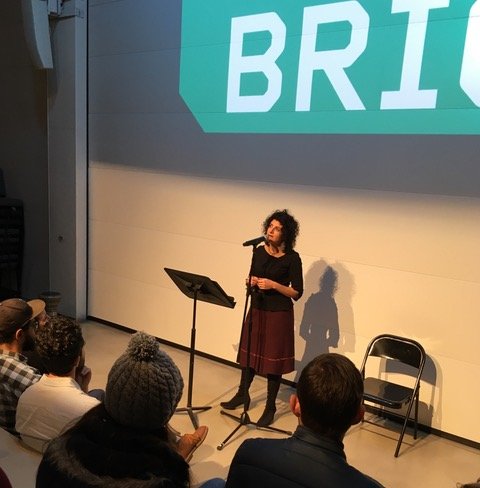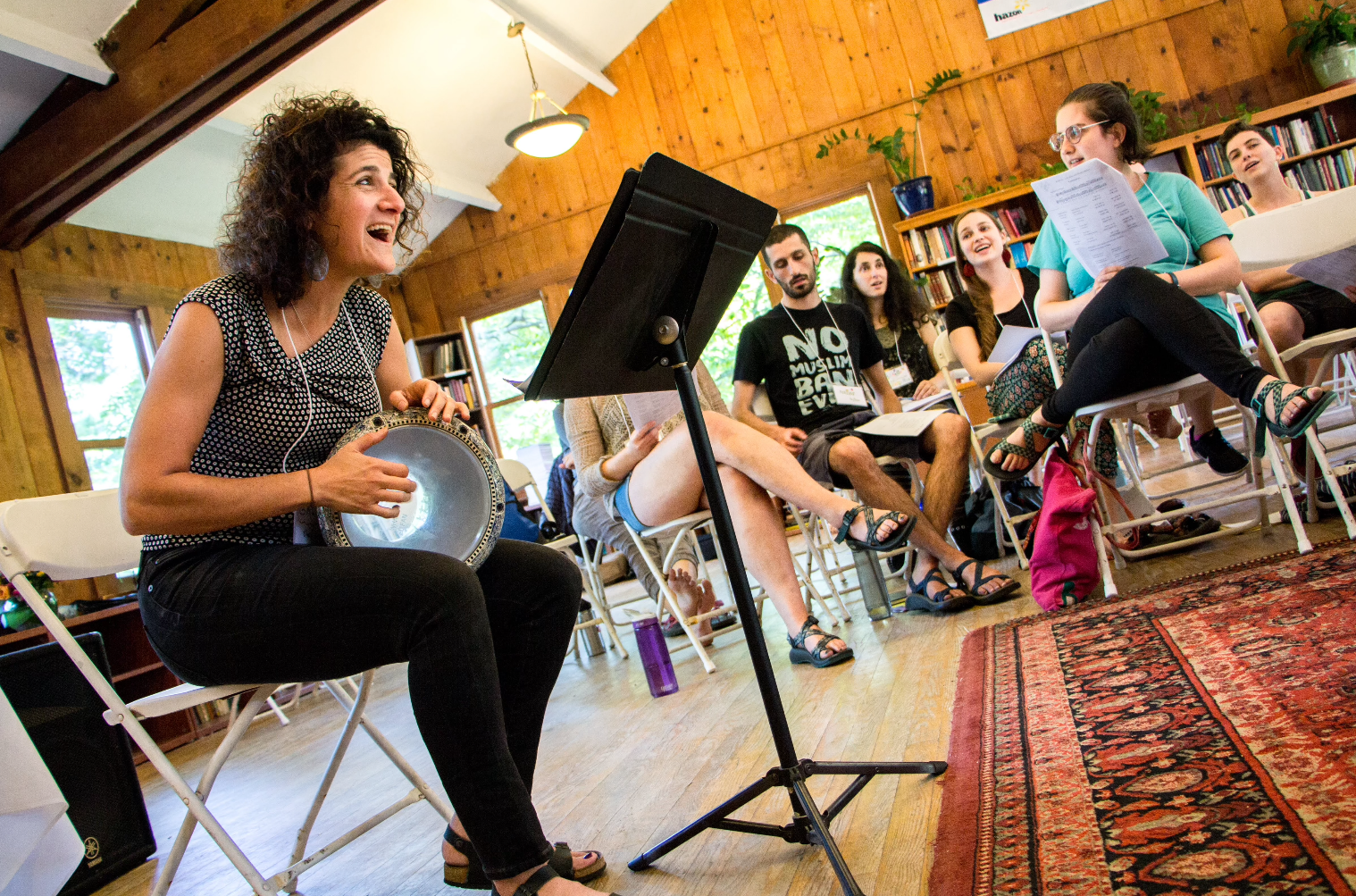SAMPLE COMMUNITY TALKS/WORKSHOPS
Persian Jewish Music from My Family Tradition
How does one attempt to continue a Persian Jewish musical legacy that was not inherited? Renowned Iranian-descended vocalist/composer, anthropologist, and award-winning podcast-creator, Dr. Galeet Dardashti, addresses this question in this interactive musical program exploring her family's Judeo-Persian musical tradition through both recorded and live music examples. Galeet Dardashti’s Jewish grandfather, Younes Dardashti, was one of the most famous radio stars of Persian classical music in Iran—known as The Nightingale of Iran. Galeet’s own story of how she came to reclaim her family’s Iranian musical heritage is central to this program.
Sephardi/Mizrahi Kabbalat Shabbat services (Friday night—for Synagogue Residencies)
Galeet Dardashti leads a dynamic and participatory Sephardi/Mizrahi Kabbalat Shabbat service. Each new melody introduced is taught in nigun form first. This service involves prayers with beautiful melodies from a range of Middle Eastern/North African Jewish communities.
Integrating Sephardi/Mizrahi Repertoire
Dr. Galeet Dardashti will share a few Sephardi/Mizrahi melodies/texts, discuss why it is important to represent these traditions, and underscore how can this be done with the utmost respect.
Middle Eastern/North African Jewish Poetic Songs (Piyutim) - From Pulpit to Pop Chart
Join prominent performer and cultural anthropologist, Galeet Dardashti, for this interactive and participatory program on Jewish Middle Eastern and North African piyyut traditions. Come hear, study, and learn to sing several of these artistic and beautiful religious songs, and gain an understanding of their shifting cultural significance throughout Jewish history including Dr. Dardashti’s research on the Mizrahi piyyut movement in contemporary Israeli pop and rock music today.
The Nightingale of Iran
In this moving LIVE show based on their chart-topping podcast, The Nightingale of Iran, sisters Galeet and Danielle Dardashti chronicle their family history through live music, storytelling, audio clips from the podcast, and powerful visuals. It is an exhilarating tale of reclaiming roots, wrestling with painful truths, and shedding light on a period of hope and shared culture between Muslims and Jews. Audiences across the political spectrum have and will continue to see themselves reflected in this universal story of immigration, assimilation, and identity.
Israeli Music Goes Mizrahi
(this session involves music audio and video samples)
The changes in Israeli music over the country’s short history illuminate significant historical and social developments. While during Israel’s first few decades its music represented the European tastes of its founders who defined “ Israeliness,” by the 1970s this cultural legacy began to be challenged. We will explore, in particular, the ways in which Israeli music has gradually shifted significantly to allow a space for Mizrahim to feel that the nation’s music represents them as well.
SUGGESTED ACADEMIC TALKS:
The Mizrahi Piyyut Craze in Israel and the Re-configuration of Culture
Arabic as Sacred: Contemporary Performance Practices among Mizrahi Haredim in Israel
Re-configuring My Ruptured Persian Jewish Musical Tradition: the Messiness of Cultural Transmission
Please contact booking@galeetdardashti.com to book Galeet for your community!

